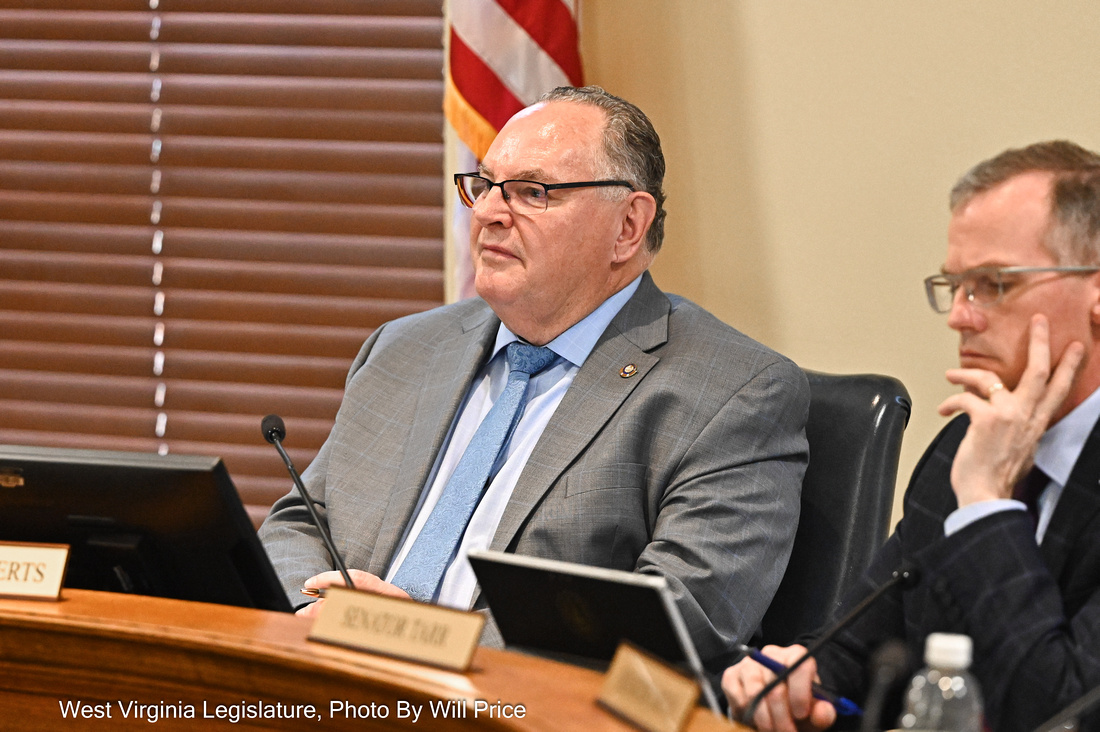Job training may soon be required for unemployed participants in West Virginia’s Supplemental Nutrition Assistance Program (SNAP).
Each month, SNAP provides eligible low-income households with a monetary supplement to their food budget, with the goal of reducing food insecurity. SNAP is a nationwide program administered in West Virginia by the Department of Human Services.
Currently, adults who receive SNAP benefits in West Virginia are eligible to receive employment training through the program.
Senate Bill 562 would make job training a requirement for adult participants employed for less than 30 hours per week, provided that they do not have certain disabilities or meet other exemptions.
At a meeting of the Senate Workforce Committee on Tuesday, lawmakers discussed a new version of the bill that expanded the age requirement for this new provision to age 60. An earlier draft of the bill would only have required participants ages 18 to 51 to participate in the training.
Sen. Rollan Roberts, R-Raleigh, who serves as chair of the committee, described the job training requirement as an opportunity to support residents in need.
“It’s my opinion, after researching all of this and dealing with everyone, we have more resources than ever to help folks,” he said. “I think it’s a great time to be able to help them.”
The committee voted unanimously in favor of the bill, sending it to the Senate Finance Committee for further discussion.
